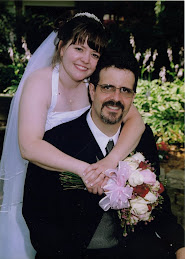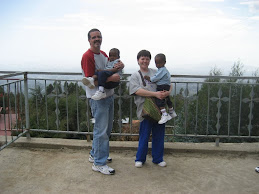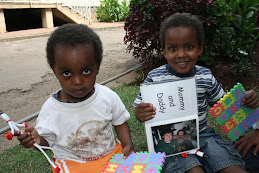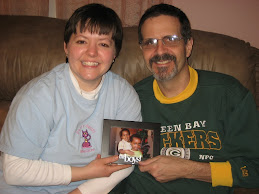HAPPY NEW YEAR!!
September 11 is Ethiopia New Year!!
Selamta Every One!
Melkam Addis Amet lehulachin - a Happy New Year for all!
Ethiopia celebrates New Year’s Day in its own colorful way. New Year’s Day marks the end of heavy rain and its associated dangers. Floods are over, and there is no more fear of thunderstorms. The foggy, gloomy climate gives way to a bright one. Fragrant flowers cover the muddy fields. Greenery is everywhere, and there is no shortage of food. The Maskal birds that migrated during the rainy season re-appear. Hibernating frogs come to the surface and sing.
On the eve of the New Year, children leave their homes to assemble in groups. With the traditional song Abebaye hoy (Oh! My Flower), they herald the New Year to village inhabitants by going from house to house. Carrying special grass called engicha, mixed with adey abeba (fragrant wild flowers), children knock at each home in the village. They sing and present the grass to anyone they find at home or along the way. The people to whom the song is addressed do not immediately respond; instead they listen to the New Year’s message
for a considerable time. The song continues until the person gives presents to the children, such as dabbo (home baked bread) or coins. After receiving the gift, the children bless the giver, saying, “May the Almighty God bless you with longer age!” After performing the evening’s festivities, the children return home to begin the lighting ceremony. Each member of the family fastens together small sticks to serve as torches. In the late evening, family members light their torches and raise them into the air, while others run around the house and touch the ground with their torches. This ceremony is believed to chase away the old year with its old spirit, and welcome the new. If you look at a rural village from a distance in the late evening, you would see that it looks like a sky full of stars.
Early in the morning on New Year’s Day, families go to the river to have a bath. It is believed that New Year’s water is holy water. People go to the river early in the morning to bathe before birds or other creatures “taste” the river. It is also believed the water cleanses evil spirits that might have been in the community in the past year. With a clean body and new spirit, people put on new clothes. Depending on the family’s economic condition, sheep or chicken may be slaughtered. In wealthier families, sheep are bought in advance to be fattened for the day. Poorer families group together to buy and slaughter a heifer or bull, and share the meat.
On New Year’s Day, families invite each other for lunch or dinner. In each house, villagers eat and drink Tella, a locally brewed beer. A coffee ceremony follows. At the end of the ceremony, elders bless the children and other family members. This marks the end of the celebration of the Ethiopian New Year.
I marked the day by cooking my first Ethiopian dish - a spicy beef stew (although I was a bit frightened an left out the really "hot" spices. However, the dish was such a wonderful flavor of warm spices, I think I'll try adding a little bit of what I left out the next time I cook it.) served on injera (kind of like a cross between a tortilla and a pancake. The main dish is placed on top and you rip it off and eat it as you go.) and dabo kolo, an Ethiopian fried snack. We loved it but I want to try a different injera recipe next time!
Subscribe to:
Post Comments (Atom)









No comments:
Post a Comment